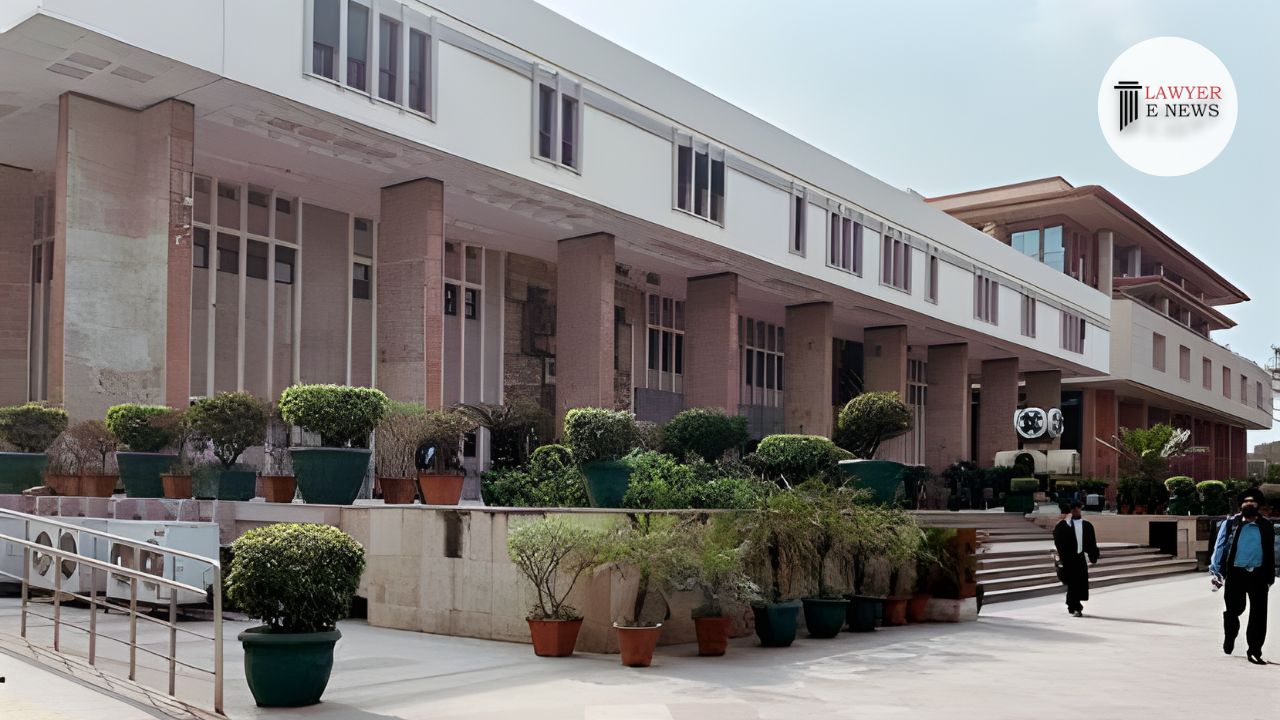-
by Admin
15 February 2026 2:36 AM



The Delhi High Court has dismissed a writ petition challenging the Central Information Commission's (CIC) decision to deny access to attendance records of certain officials and consultants of the Santacruz Electronic Export Processing Zone-Special Economic Zone (SEEPZ-SEZ) in Mumbai. The judgment, delivered by Justice Subramonium Prasad, underscores the importance of territorial jurisdiction and the protection of personal information under the Right to Information (RTI) Act.
The petitioner, Binod Agarwal, sought attendance records from SEEPZ-SEZ, specifically for all consultants and officers with grade pay above ₹6600 from September 2018 to June 2019. The Central Public Information Officer (CPIO) of SEEPZ-SEZ partially denied this request, citing privacy concerns and the lack of a grade pay system post-2016 as per the 7th Central Pay Commission (CPC).
After the First Appellate Authority ordered partial disclosure, the petitioner escalated the matter to the CIC, which upheld the CPIO’s decision, classifying the requested information as personal and exempt under Section 8(1)(j) of the RTI Act. Dissatisfied, the petitioner approached the Delhi High Court.
Justice Subramonium Prasad highlighted the issue of territorial jurisdiction, noting that SEEPZ-SEZ and the concerned authorities are located in Mumbai, not Delhi. The judgment referenced a five-judge bench decision in Sterling Agro Industries Ltd. v. Union of India, which emphasized the principle of forum conveniens—suggesting that jurisdiction should be determined by the location most appropriate for the case.
"The concept of forum conveniens must be considered, and merely the presence of an appellate authority in Delhi does not confer jurisdiction upon this Court," the judgment noted.
The court further examined the merits, reaffirming that the requested attendance records qualify as personal information. Section 8(1)(j) of the RTI Act exempts disclosure of personal information unless there is an overriding public interest. The court referred to the Supreme Court’s ruling in CPIO, Supreme Court of India v. Subhash Chandra Agarwal, which delineated what constitutes personal information, including employment records and attendance details.
"Personal records, including attendance, professional records, and medical details, are protected from disclosure under the RTI Act unless larger public interest demands otherwise," the judgment stated.
Justice Prasad underscored that the CPIO’s method of seeking consent from consultants was appropriate. The consultants who objected to disclosure were within their rights to do so, and the petitioner failed to demonstrate any significant public interest that would justify overriding these privacy concerns.
"The CPIO has correctly applied Section 11 of the RTI Act, and the denial of information to protect personal data is justified," remarked Justice Prasad. The judgment also noted that the petitioner's persistent requests appeared motivated by personal grievances rather than public interest.
The Delhi High Court’s dismissal of the writ petition reinforces the boundaries of territorial jurisdiction and the protection of personal information under the RTI Act. By upholding the CIC's decision, the judgment underscores the necessity for RTI requests to respect privacy concerns and jurisdictional proprieties. This ruling is likely to influence future cases involving RTI requests for personal information, promoting a balanced approach between transparency and privacy.
Date of Decision: May 24, 2024
Binod Agarwal v. The CPIO and Ors.
